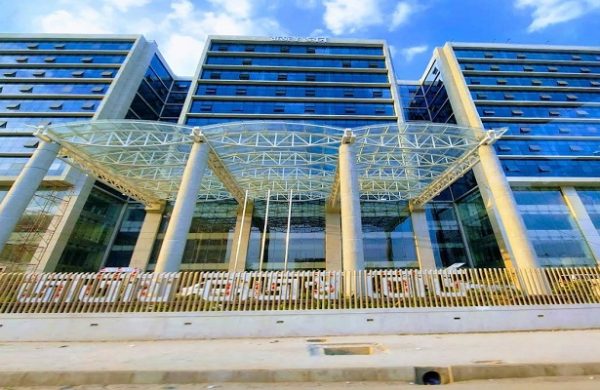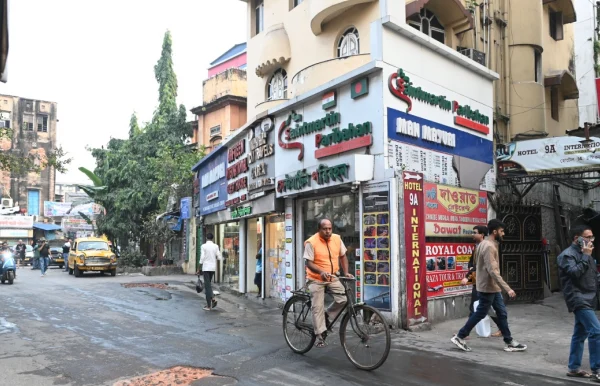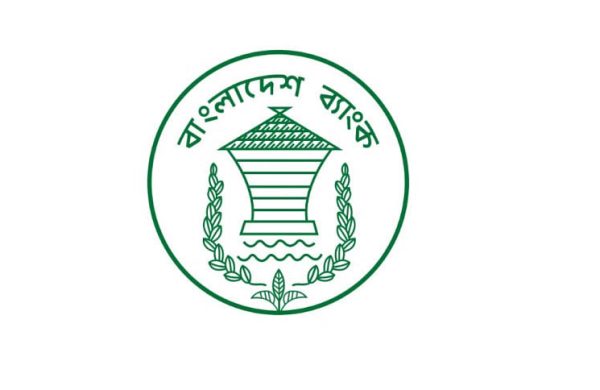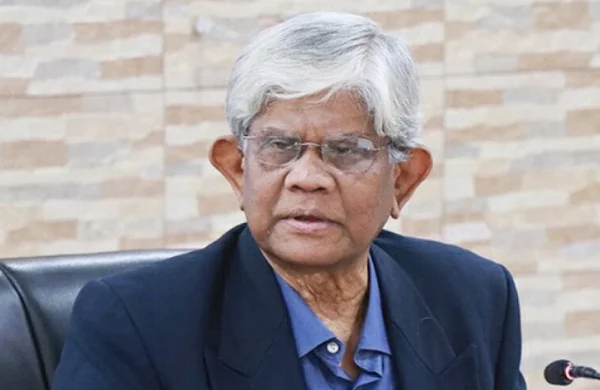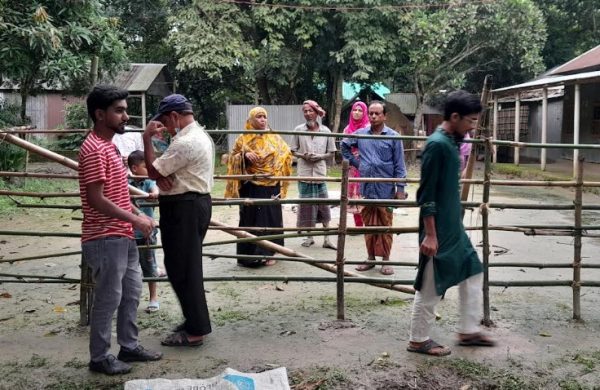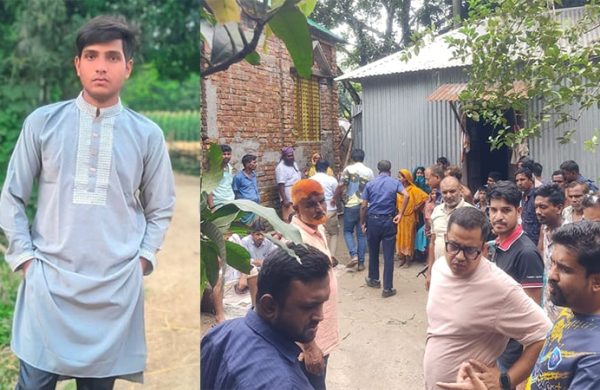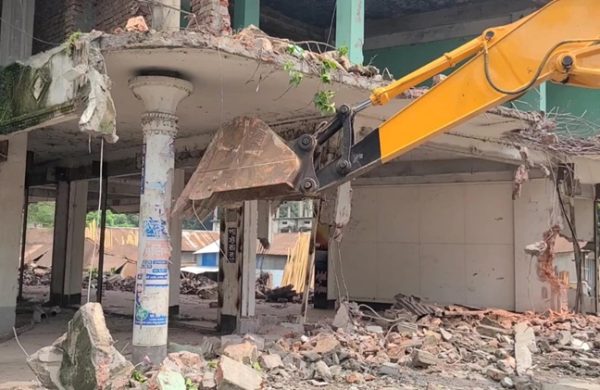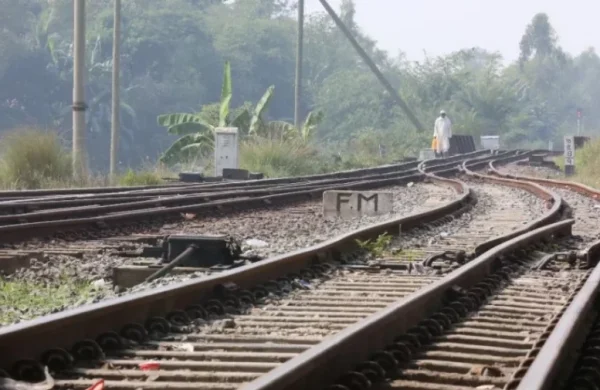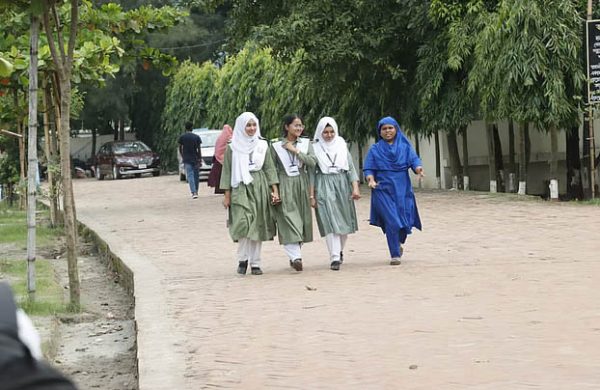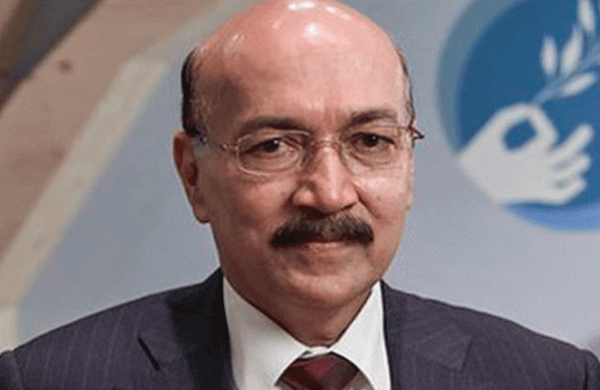Room for more US tariff talks as deal yet to be inked: Salehuddin
- Update Time : Wednesday, August 6, 2025

Staff Correspondent:
Bangladesh has successfully reduced the US counter-tariff on certain goods from an initial 35 per cent to 20 per cent through ongoing negotiations, but no formal agreement has yet been signed, Finance Adviser Dr Salehuddin Ahmed has said.
He added that there remains scope for further discussion before the deal is finalised.
Speaking to journalists after the meeting of the Advisory Council Committee on Public Purchase and the Advisory Council Committee on Economic Affairs on Wednesday, August 6, Dr Salehuddin acknowledged progress but stopped short of calling it a relief.
“When asked whether this reduction is a relief, I would say it would have been better if the US had lowered the tariff a little further,” he said. “What they’ve done is fair – but I wouldn’t describe it as a comfortable outcome. We would have preferred not to face this counter-tariff at all. The global economy is already grappling with numerous challenges, and in comparison to other nations, Bangladesh is not in a particularly weak position.”
Highlighting the resilience of Bangladesh’s economy, particularly in the ready-made garment (RMG) sector, he said: “Our strength lies in RMG – our textiles, our knits. These sectors can adapt quickly. Woven garments may be a bit more challenging, but overall, we have strong fundamentals.”
Asked whether Bangladesh would return to the negotiating table, Salehuddin replied, “Yes, there is still room for dialogue.”
He noted that the US Trade Representative has not yet been appointed, but he has already engaged with senior figures, including the vice president of the US Chamber of Commerce.
“Their attitude towards Bangladesh is very positive,” he said. “They acknowledge that we’ve returned Chevron’s funds, settled MetLife’s claims – they appreciate that we don’t hold back money. And American businesses continue to maintain confidence in Bangladesh.”
He confirmed that no formal agreement has been signed yet. “A formal deal will be concluded in due course. At that stage, we will see in which areas duties need to be adjusted and what goods may require import facilitation.”
On the issue of confidentiality in bilateral talks, the Finance Adviser explained: “These are one-on-one negotiations, not multilateral discussions like at the WTO or the UN, where everything is public. This is a sensitive process. Countries like Vietnam, China, India, Pakistan, North and South Korea are all part of the broader regional context. So, full disclosure isn’t standard practice.”
Reflecting on the state of the national economy, Salehuddin said Bangladesh has moved significantly away from the brink of crisis.
“It takes vision to see this clearly,” he said. “At first glance, one might think the situation is still fragile –but that’s superficial. A lot has changed. We were in a highly precarious position, but now we’re in a more stable and comfortable place. That said, challenges remain – rising inflation, employment, energy shortages, and now these tariff issues.”
He added: “The biggest challenge now is restoring business confidence and accelerating trade and investment, which have slowed down.”
To address this, he said the current administration is prioritising quick-impact projects, especially those that can ease the cost and complexity of doing business.
On inflation, he said: “It is gradually moving toward a more manageable level, though it will take time. Inflation isn’t like a horse you can stop by pulling the reins abruptly. You can’t bring it down overnight. It’s declining, but non-food inflation remains a concern.”
Regarding the budget deficit and election funding, he assured: “We will fully cover the costs of the upcoming election. There is no issue on that front. According to provisional estimates, the fiscal deficit stands at just 3.6 per cent of GDP – well within our target of keeping it under 4.5 per cent.”
On structural reforms, Salehuddin said immediate actions have been taken, with medium- and long-term plans underway.
“Bank resolution will take time, Bangladesh Bank is developing a roadmap. The capital market is showing signs of recovery and could improve further. We’re also expediting reforms at the National Board of Revenue (NBR). We’ll amend the relevant ordinance soon. Our goal is to deliver tangible results by December.”




